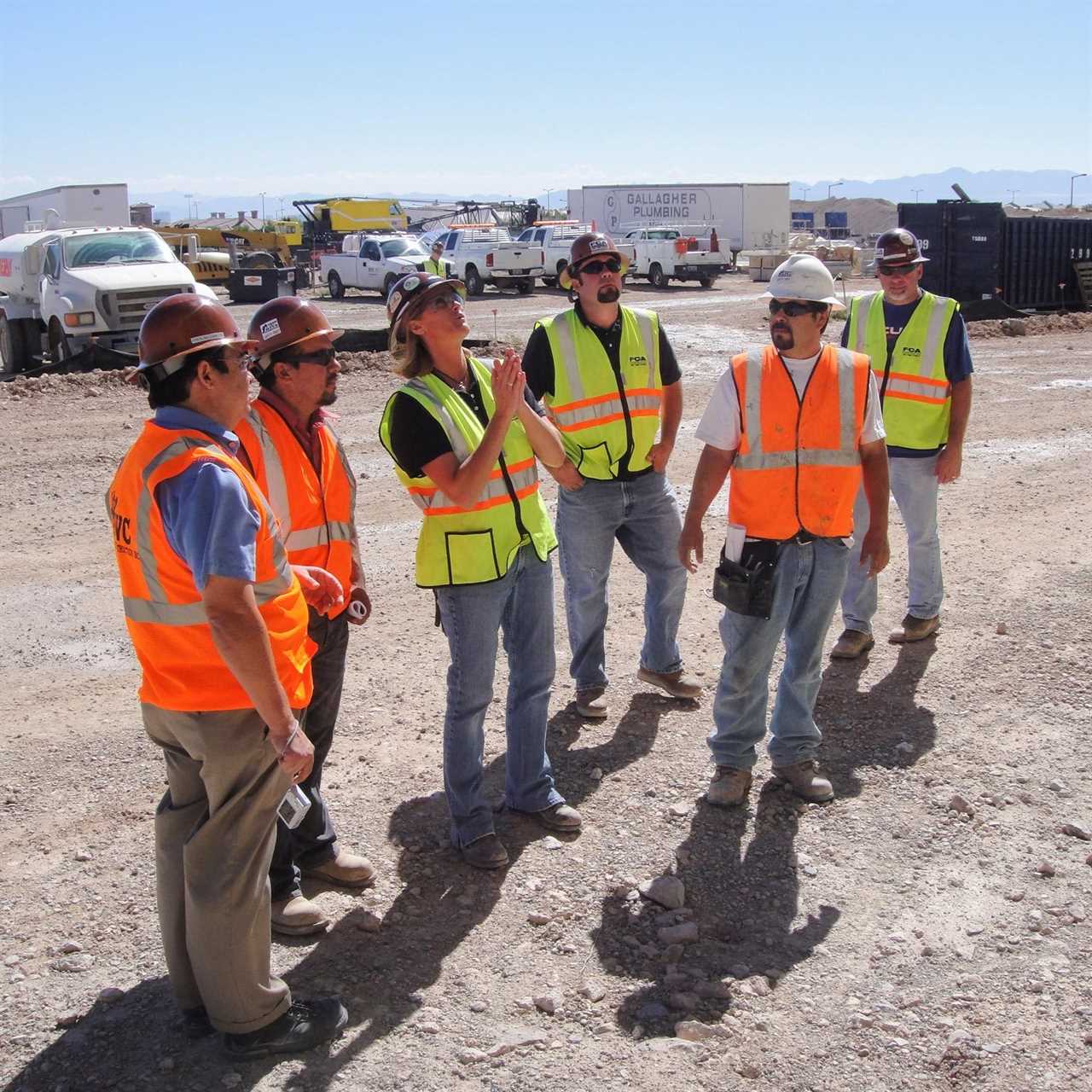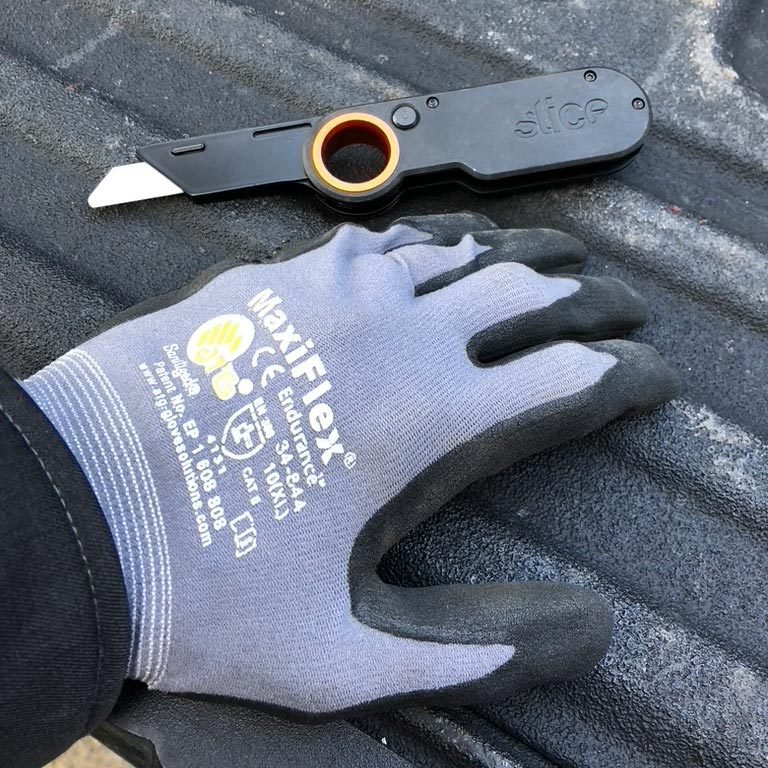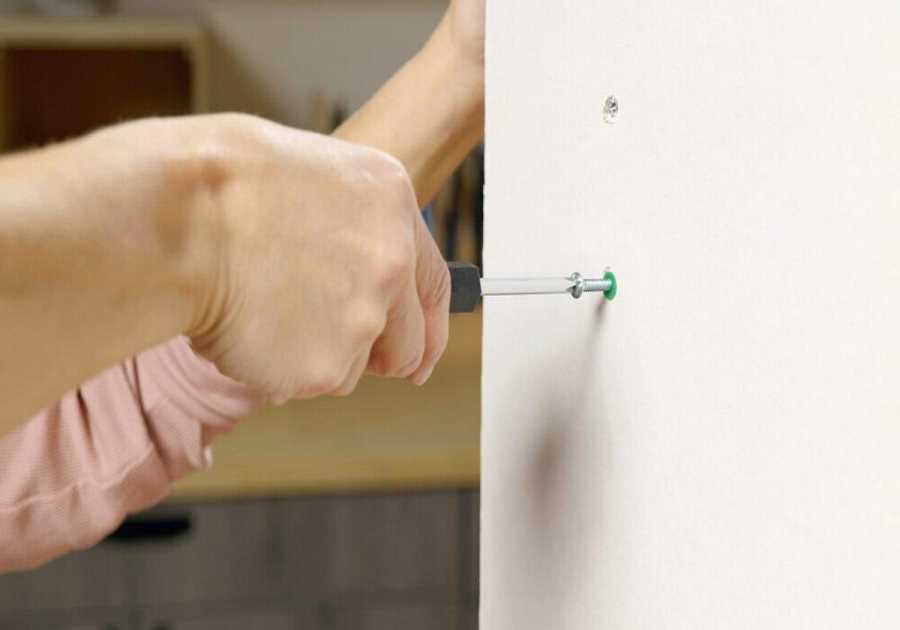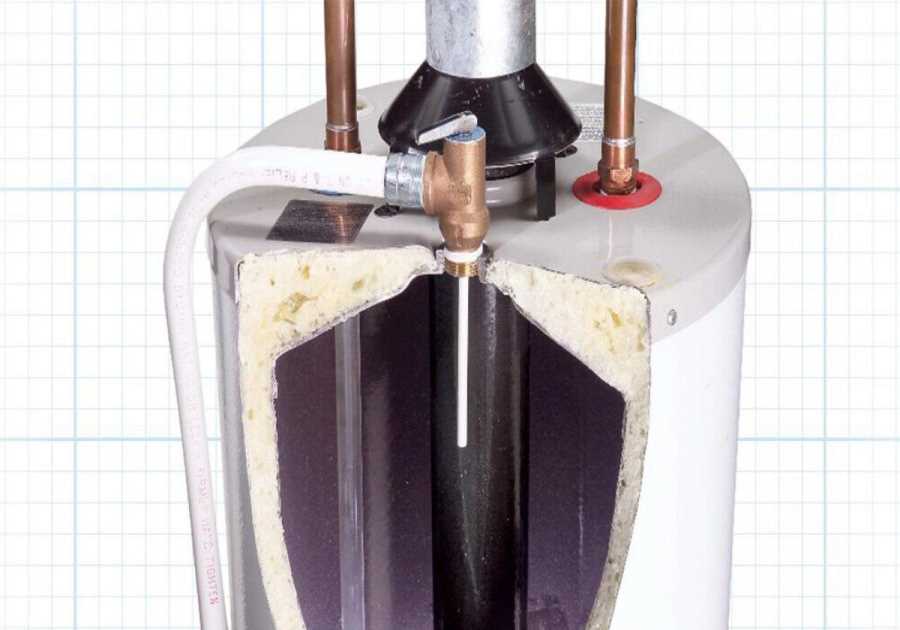This FH series introduces readers to a few of the women who make up 11 percent of the construction workforce in the U.S., spotlighting stories of their careers in the field. Know someone we should feature? Email us here.
After college, Deb Hilmerson thought about becoming a teacher. But she knew the pay would never meet her expectations, so she decided to pursue a career in construction instead. It was a natural fit. Already mechanically inclined, as a kid she enjoyed hanging around her dad’s junkyard, salvaging headlights and driving loaders.
As a union construction worker, she was often troubled by safety equipment that appeared cumbersome or inadequate. Then tragedy struck. One of her coworkers died from a worksite injury.
“He was just doing his job,” she says. “He was going to leave at the same time I was, and then he didn’t go home. Deep down, that gave me this desire to want to do something different.”
That “different” came when she was offered a job as safety coordinator. With the knowledge gained through that and subsequent safety director and consultant positions, Hilmerson founded Hilmerson Safety, which designs and manufactures construction safety products.
We caught up with Hilmerson for her thoughts on the state of the construction industry and jobsite safety.
Q: Tell us how you came up with one of your signature products, the Hilmerson Safety Rail System.
A: I got frustrated by faulty wooden leading-edge fall protection systems being constructed on construction sites. First, the 2×4 guardrail systems are dangerous, take extensive time to install and are only as good as the carpenter building them. Second, I would see 40 stories of 2x4s thrown away at the end of a job.
I knew there had to be a better way for safety, jobsite productivity, overall cost and the environment. I thought, “Why don’t we make a guardrail system that’s reusable, saves time and money, and is environmentally friendly?”
I modeled it after the same heavy-duty scaffolding we’ve been using for years. But instead of using powder-coat paint, our product is hot-dipped galvanized and comes in kits, so it lasts decades and can be easily stored.
Since we rolled out this product just three years ago, we’ve saved hundreds of thousands of 2x4s from going into landfills. We also plant a tree in the U.S. National Forest on behalf of our customers who decide to make the change and go leaner.
Q: Which projects stand out to you?
A. We are fortunate to have participated in some iconic projects. Ten thousand linear feet of our safety rail was used on the new Allegiant Stadium in Las Vegas. It’s also been used on Facebook and Amazon data center projects, at new Major League Soccer stadiums in St. Paul, Minn. and Cincinnati, and during the 2021 Super Bowl.
As for the Hilmerson Barrier Fence System, we have 1.5 miles of it surrounding the new Kansas City Airport Terminal Expansion Project, and at a lot of other places as well.
Q: What changes have you seen in construction safety over the past 10 years?
A: There have been a ton. More and more general contractors are embracing workplace safety as a culture and a value. More women are joining the trades and holding leadership positions.
I’ve also seen a change in technology and lean building practices. Everything like review plans and change orders that used to be on paper are now electronic, plus more companies are focusing on reducing waste.
With safety, companies are making it part of their business processes not to accept fatalities like we used to.
On some big projects in the past, insurance companies would allocate money for a certain number of fatalities. That sounds crazy, but that was the way of thinking back then. We would say, okay, two or three people are going to die, because those are the stats, that’s just the way it goes. But then there was a mind shift, like, “Whoa, wait, that’s not right.”
Q: What instigated that shift toward embracing safety?
A: In the construction industry, it’s the dollars and cents that drive change.
The early-to-mid 2000s was an era when contractors really started to understand that some practices were not only killing people, they were causing a lot of money to be spent unnecessarily. So the shift came when organizations realized they could control costs by making sure people were trained and had the right tools to do their job.
Workers, especially from the younger generation, are also refusing to do jobs that are really risky, whereas the older generation was like, “Don’t worry about it, you’ll be fine.” When I started, I didn’t have a choice, because if I didn’t do it, I might as well just leave. Now they’re realizing they don’t have to accept that norm.
There’s another side to it as well, which is holding workers accountable and not letting them make a decision about whether they want to be safe or not.
Q: Any pros or cons to being a woman in construction and jobsite safety?

A: At first it was challenging because there were very few women in construction. I had to prove myself and let them know that I didn’t want to wear the pink hard hat and hold the stop sign. I wanted to be physically involved and do exactly what the guys did, without special treatment. Once I proved I could hold my own, most of the guys onsite became my friends and brothers.
A challenge we still have is that there aren’t a lot of women in the trades, and especially not a lot of women in senior leadership positions, meaning executives at large construction companies. I’ve seen some of my customers employing women, and I love it. But we’re still not even close to being where we should be.
Q: Any advice for young women looking to get into construction or other trades?
A: Don’t let anything hold you back. There’s a lot of opportunity in the trades and a lot of positions available.
Women might think of construction like pouring concrete, but you don’t have to limit yourself to dirt and sweat. You can be an architect, an engineer, a project superintendent, a craft worker; there are so many variations. Educate yourself and find a mentor.
Many of us are willing to help others navigate through some of the challenging times. LinkedIn and other social media platforms are great places to start. Of course, also work harder, work smarter, show up early, prove yourself, be willing to listen and to learn, and to ask and participate.
Q: Where do you hope to see the industry in 10 years?
A: Well, I’m going to be selfish. I would like to see every 2×4 guardrail in the construction industry replaced with our system, because I still see a lot of waste. I still see a lot of customers and contractors stuck in the old school. Construction is a slow industry to change.
Q: What are your pro-specific tools?

A: I always carry a tape measure and a quality light laser so that I can point at things in high places. I also bring a good headlamp, because lighting on a jobsite is difficult at times, and a hard hat, safety glasses, utility knife, high-vis gear, gloves and my business cards.
I also carry an iPad or iPhone so I can take pictures, because I can’t remember everything, and also so I can email photos to someone if there’s a compliance issue.
Deb Hilmerson Bio
Deb Hilmerson started her career as a union construction worker before becoming the founder, president and CEO of Hilmerson Safety, an Indiana state certified Women Business Enterprise since 2001.
She has developed six patented construction safety products used on some of the largest construction sites in the U.S. Her reusable products are meant to impact the environment and workers’ lives in positive ways while controlling labor and construction costs.
Writer Karuna Eberl Bio
Karuna Eberl is a regular contributor to FamilyHandyman.com. She spent the last 25 years as a freelance journalist and filmmaker, telling stories of people, nature, travel, science and history. She has won numerous awards for her writing, her Florida Keys Travel Guide and her documentary, The Guerrero Project.






